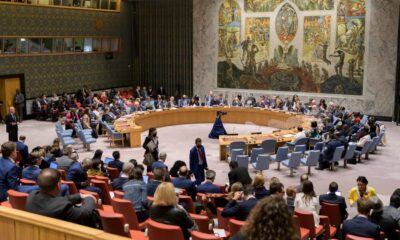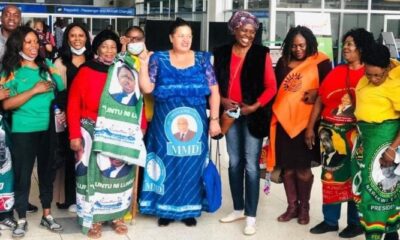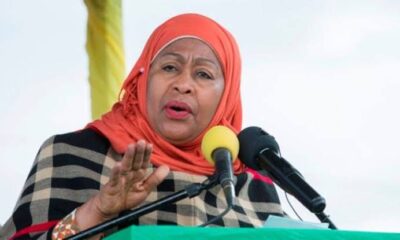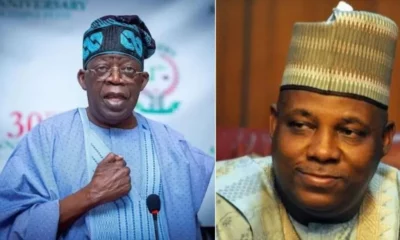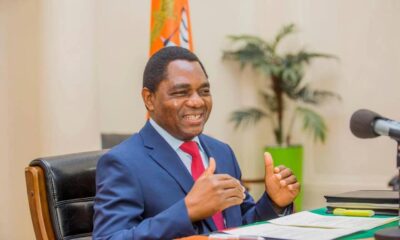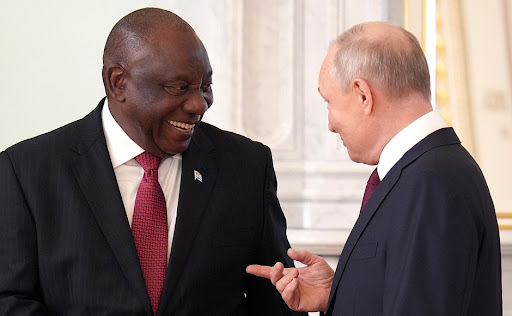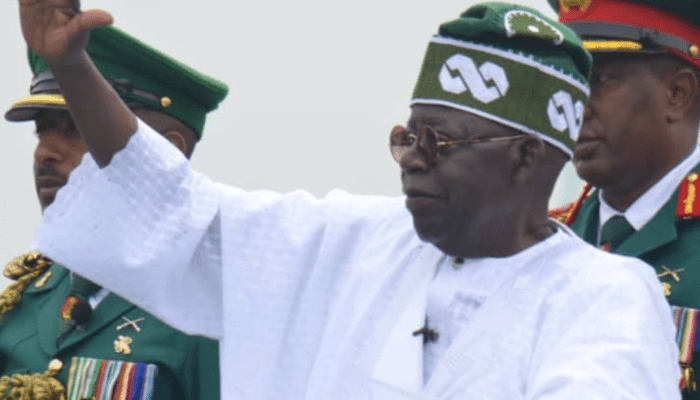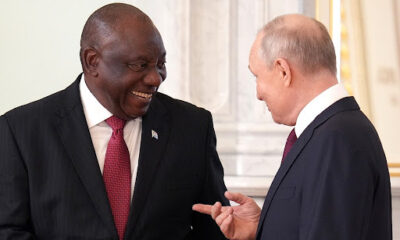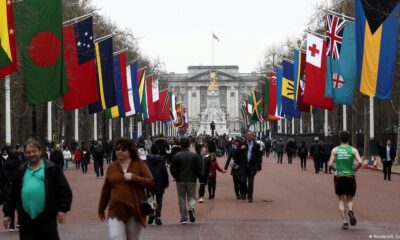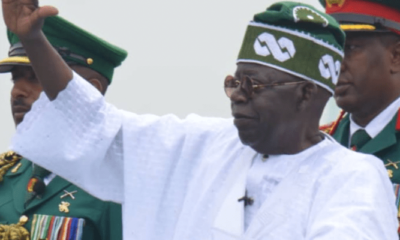Following weeks of speculations around an imminent cabinet reshuffle in Nigeria, President Bola Tinubu on Wednesday dismissed six ministers from his cabinet and sent seven new ministerial nominations to the National Assembly to fill the vacancies.
This was revealed by Bayo Onanuga, Special Adviser to the President on Information and Strategy, to State House media following the Federal Executive Council (FEC) meeting, which was chaired by the President and held in the Council Chamber of the Presidential Villa in Abuja. Additionally, Onanuga declared that eleven ministers had been given new responsibilities.
Prof. Tahir Mamman (Education), Uju Kennedy Ohanenye (Women Affairs), Mohammad Gwarzo (State for Housing), Jamila Ibrahim (Youth Development), Lola Ade-John (Tourism), and Betta Edu (Humanitarian Affairs), who had been suspended but replaced were among the ministers removed from the cabinet.
Additionally, the President sent seven new ministerial candidates, including Mrs. Bianca Ojukwu (State for Foreign Affairs), the wife of the late Dim Odumegwu Ojukwu, together with their portfolios to the National Assembly for approval.
Others include Dr. Jumoke Oduwole, Minister of Industry, Trade, and Investment; Muhammadu Maigari Dingyadi, Minister of Labour and Employment, Federal Ministry of Labour & Employment; and Dr. Nentawe Yilwatda, who takes over for the suspended Beta Edu Minister of Humanitarian, Affairs, and Poverty Reduction.
Suwaiba Said Ahmad, Minister of State, Education, Federal Ministry of Education; Rt. Hon. Yusuf Abdullahi Ata, Minister of State, Housing and Urban Development; and Idi Mukhtar Maiha, Minister of Livestock Development.
The redeployed ministers include Dr Yusuf Tanko Sununu, former Minister of State, Education, now Minister of State Humanitarian Affairs and Poverty Reduction, Dr. Morufu Olatunji Alausa Minister of State, Health, now substantive Minister of Education, Bello Muhammad Goronyo Minister of State, Water Resources and Sanitation, now Minister of State for Works.
Also redeployed are Abubakar Momoh, former Minister of Niger Delta Development, now Minister of Regional Development, Uba Maigari Ahmadu, Minister of State Steel Development, now Minister of State, Regional Development and Dr Doris Uzoka-Anite Minister of Industry, Trade and Investment, now Minister of State Finance.
The former Minister of Sports Development, Senator John Owan Enoh has been redeployed as the Minister of State Trade and Investment [Industry], Imaan Sulaiman-Ibrahim, who was the Minister of State, Police Affairs, is now Minister of Women Affairs, Ayodele Olawande, Minister of State for Youth Development, now Minister for Youth Development, while Dr. Salako Iziaq Adekunle Adeboye, Minister of State, Environment, now Minister of State, Health.
Meanwhile, reports emerged following the cabinet change of the president’s direction that ministers who have been fired and redeployed are to hand over to their successors by October 30, 2024.
With the most recent cabinet reorganisation, President Tinubu’s cabinet now consists of 46 federal ministers, down from 48 last year. The size is still a record since Nigeria’s return to democracy in 1999, even with the decrease.
Nigeria’s constitution requires the president to select ministers in a way that fosters unity within the country and represents federal character.
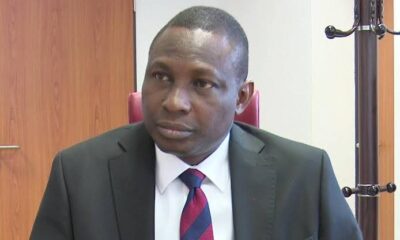
 Metro1 day ago
Metro1 day ago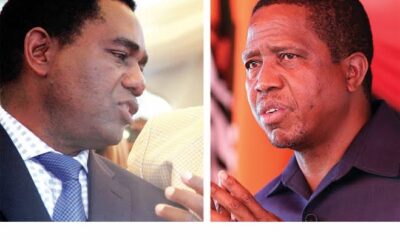
 Metro23 hours ago
Metro23 hours ago
 Tech23 hours ago
Tech23 hours ago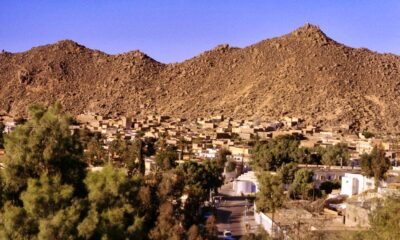
 Culture23 hours ago
Culture23 hours ago

